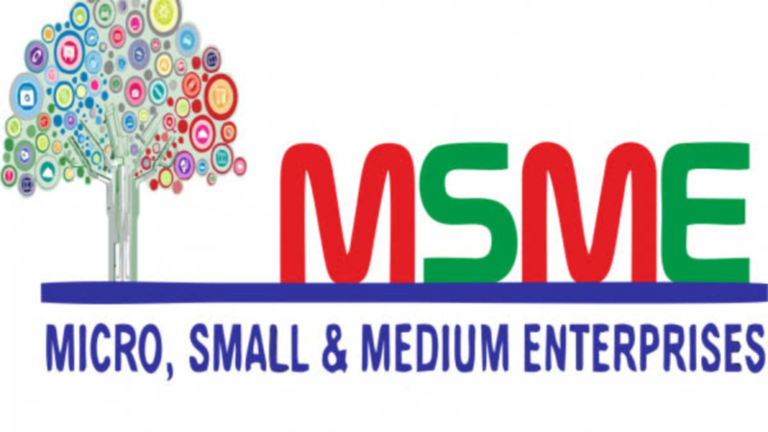Around the world, micro, small, and medium-sized businesses (MSMEs) grapple with a wide array of obstacles that hinder their ability to thrive. These range from operational limitations to broader external disruptions. Among the most affected are women and young entrepreneurs, who often face even steeper hurdles such as scarce funding options, restricted access to markets, and a lack of support infrastructure. Tackling these challenges calls for thoughtful, targeted policy measures that not only build capacity but also align with the Sustainable Development Goals (SDGs), enabling inclusive development and entrepreneurial success.
Creating durable and responsive supply chains is key to helping MSMEs withstand shocks—be they from conflict, environmental disasters, or public health emergencies. Collaborative efforts between the public and private sectors are vital to designing networks that are not only cost-effective but also governed responsibly and mindful of environmental impact. By reinforcing entrepreneurship among women and youth while enhancing the flexibility of supply chains, we lay the foundation for a dynamic and equitable business environment.
Understanding the crucial role that MSMEs play in economic and social transformation, the United Nations continues to stress the importance of global cooperation in advancing sustainable development. When MSMEs are equipped to offer equitable opportunities and uplift underserved groups, they evolve into powerful engines of change—fueling growth, creating jobs, and narrowing social gaps. With smart policy frameworks, improved resource availability, and strengthened logistical systems, MSMEs can rise to their full potential and contribute meaningfully to a more inclusive and resilient global economy.
Ultimately, the ripple effects of thriving MSMEs touch more than just business owners—they revitalize communities and contribute to a greener, more balanced future for all.

